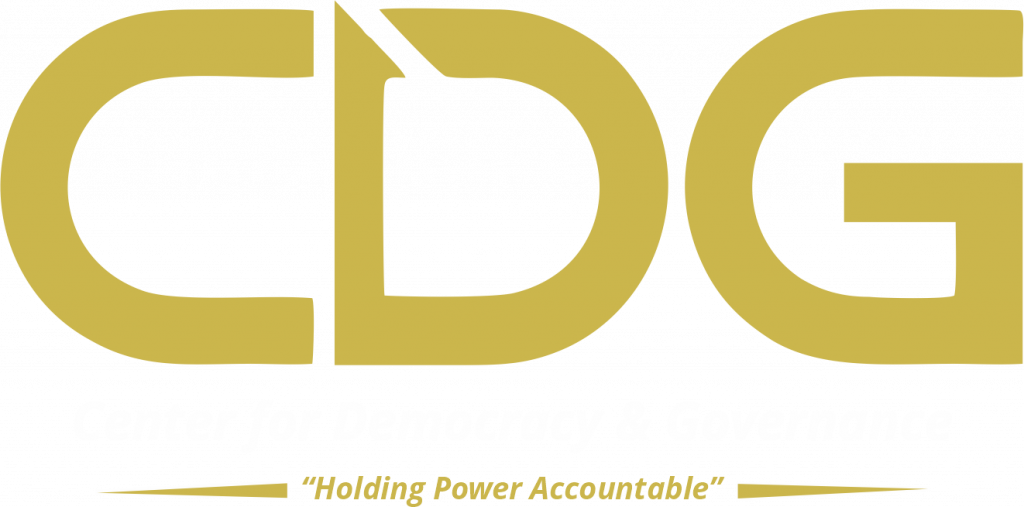Center For Democracy and Governance
Assessing Mutual Benefits in the Ethio-Somaliland Red Sea Agreement
- Home
- Assessing Mutual Benefits in the Ethio-Somaliland Red Sea Agreement
In the complex geopolitical landscape surrounding the Red Sea, the Ethio-Somaliland Red Sea
Agreement emerges as a crucial diplomatic dance, requiring a careful assessment of mutual benefits.
The accord between Ethiopia and Somaliland signifies a strategic alignment, where both nations seek to capitalize on shared interests and forge a symbiotic relationship. Central to this pact is the intricate balance of economic, security, and political considerations that each party brings to the negotiation table. As the Red Sea continues to be a critical maritime gateway, the agreement aims to leverage its significance for the economic advancement of both Ethiopia and Somaliland.
A crucial aspect of this analysis involves an in-depth examination of Somaliland’s quest for
international recognition. Despite its autonomous governance structure, Somaliland has faced
challenges in securing global acknowledgment of its sovereignty. This paper investigates the
implications of the Red Sea Agreement on Somaliland’s diplomatic aspirations, exploring how the pact might serve as a catalyst for broader international recognition.
Furthermore, the article delves into the strategic imperatives that drive Ethiopia’s engagement with Somaliland. As Ethiopia seeks to diversify its access to maritime trade routes, the Red Sea Agreement represents a calculated move to enhance economic resilience and regional influence. The study assesses the specific economic benefits Ethiopia anticipates from this collaboration and how these align with its broader foreign policy objectives.
I

